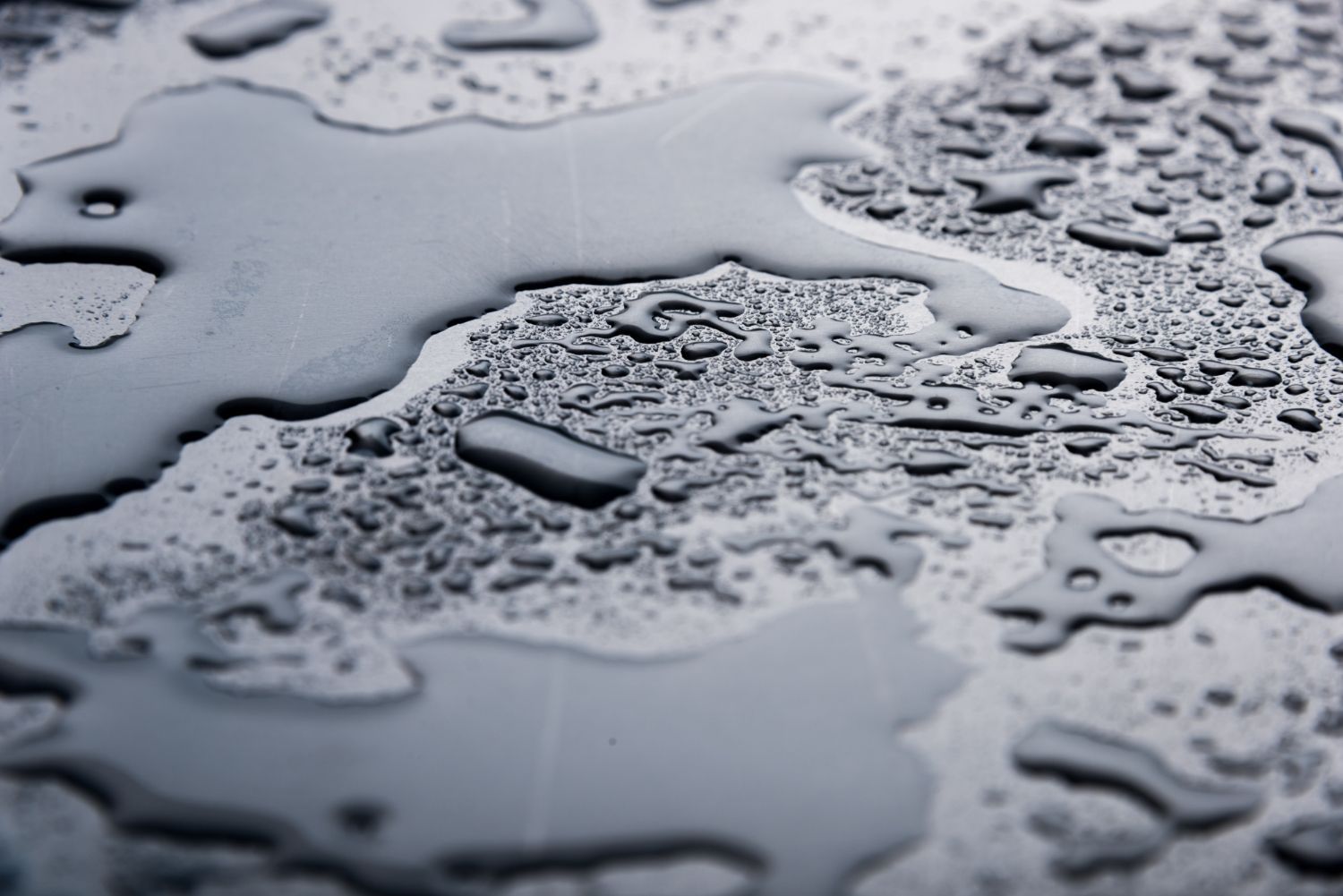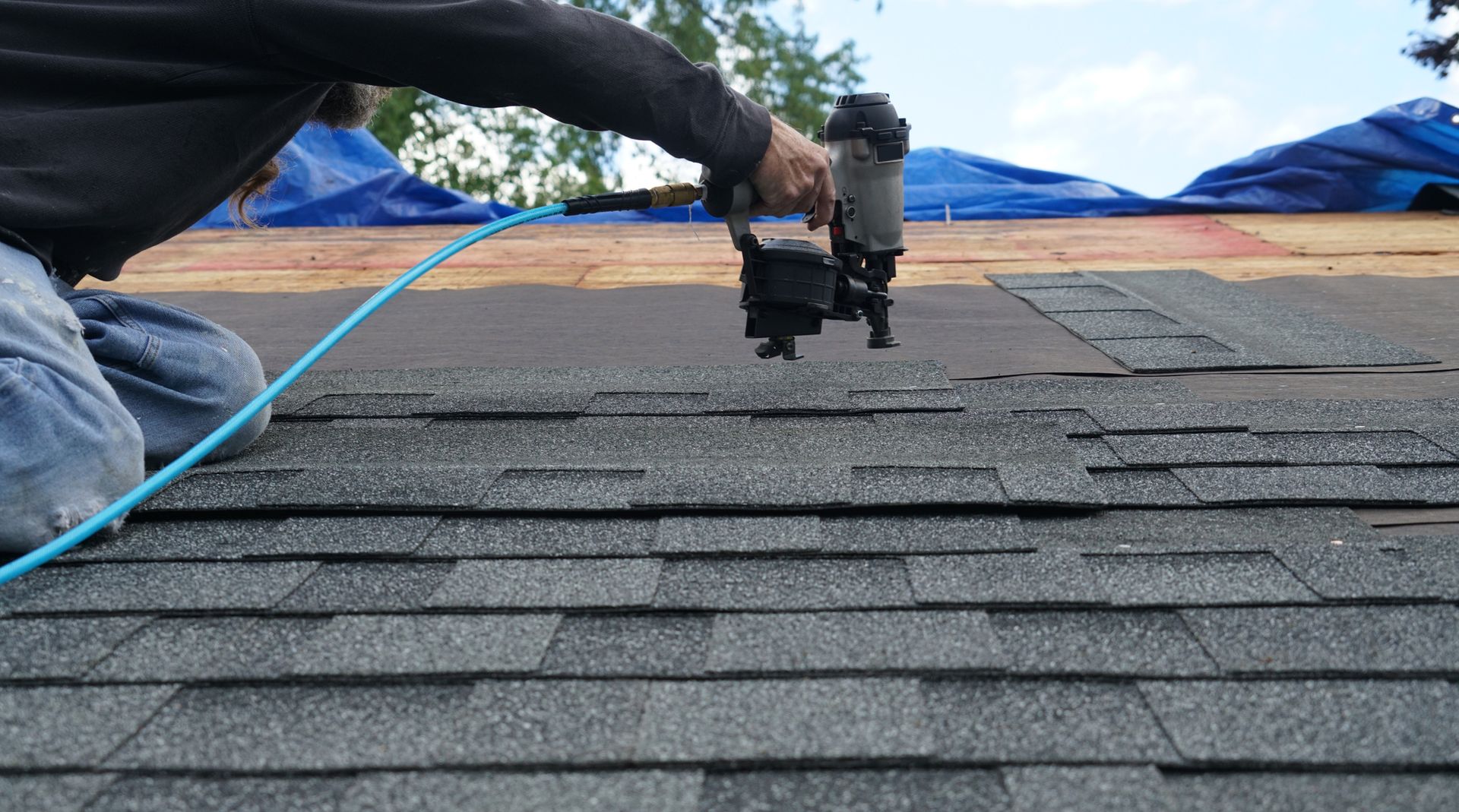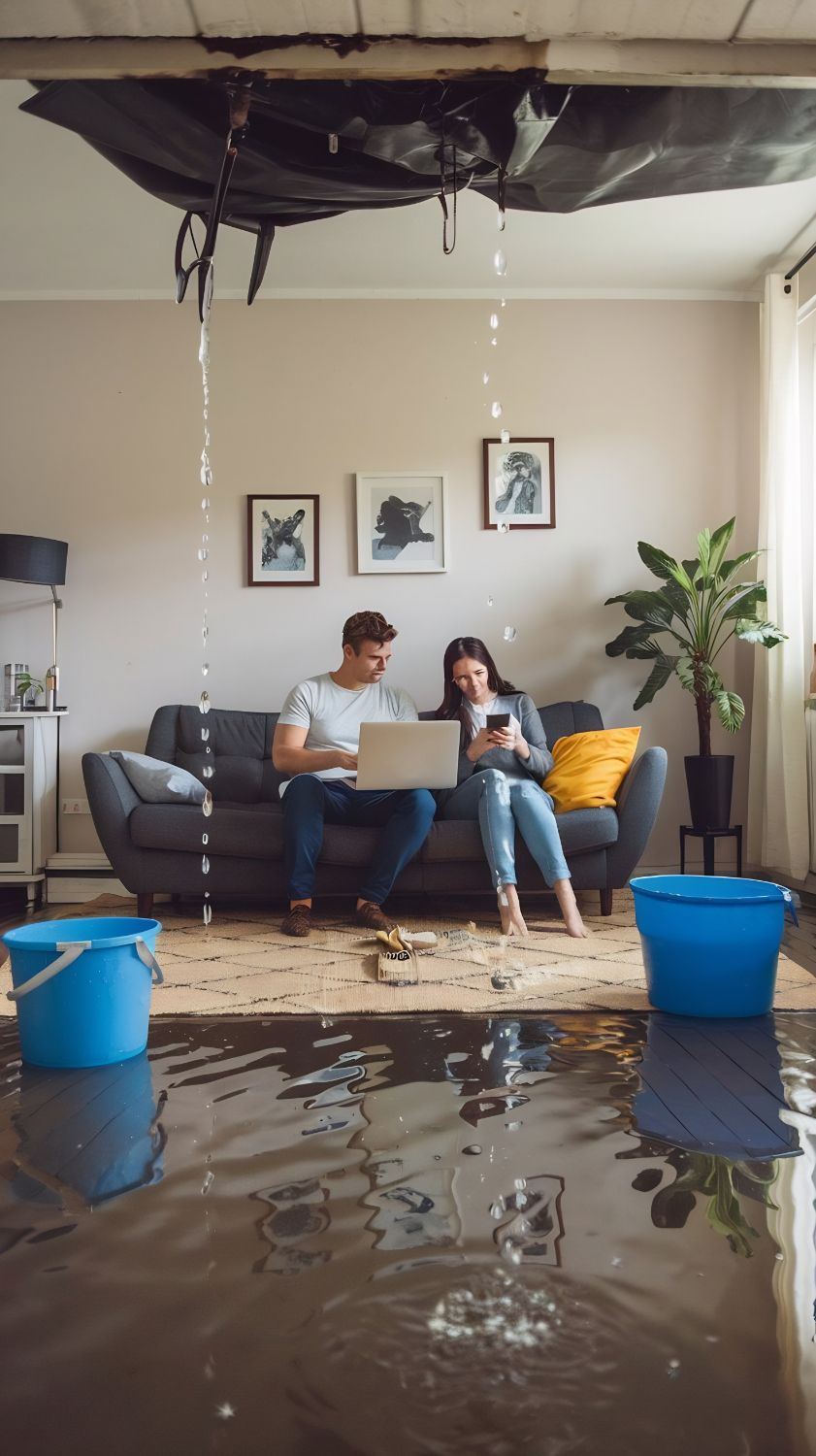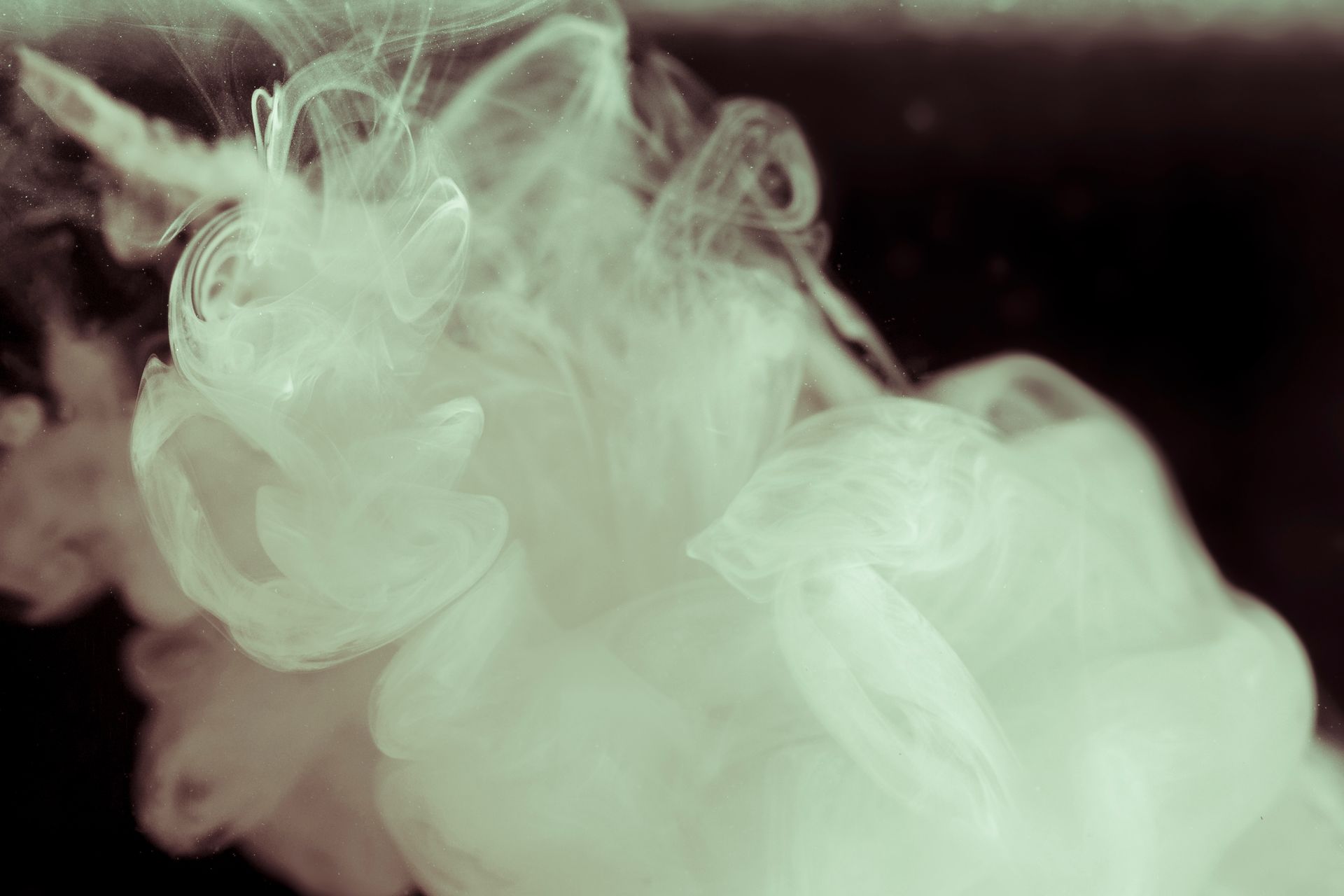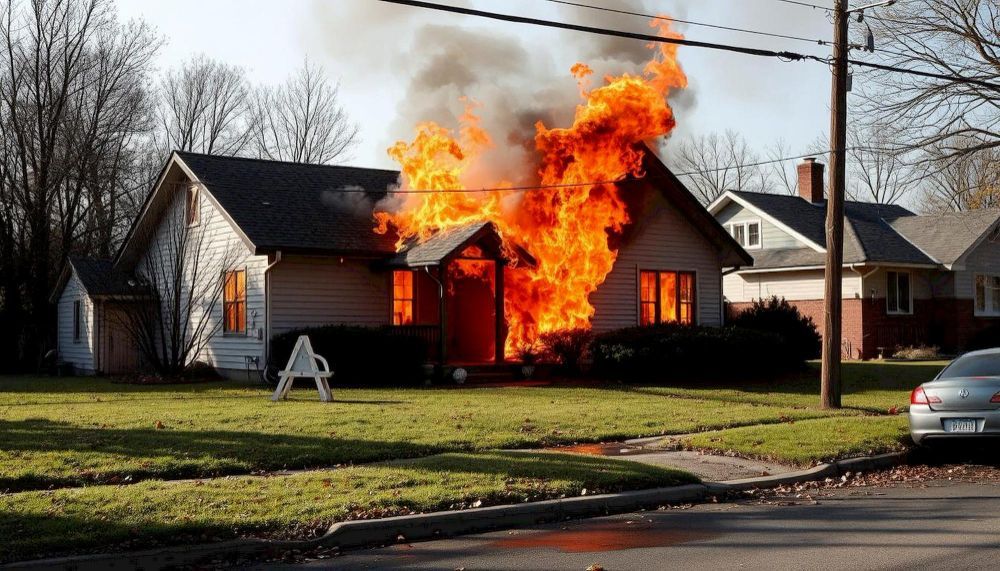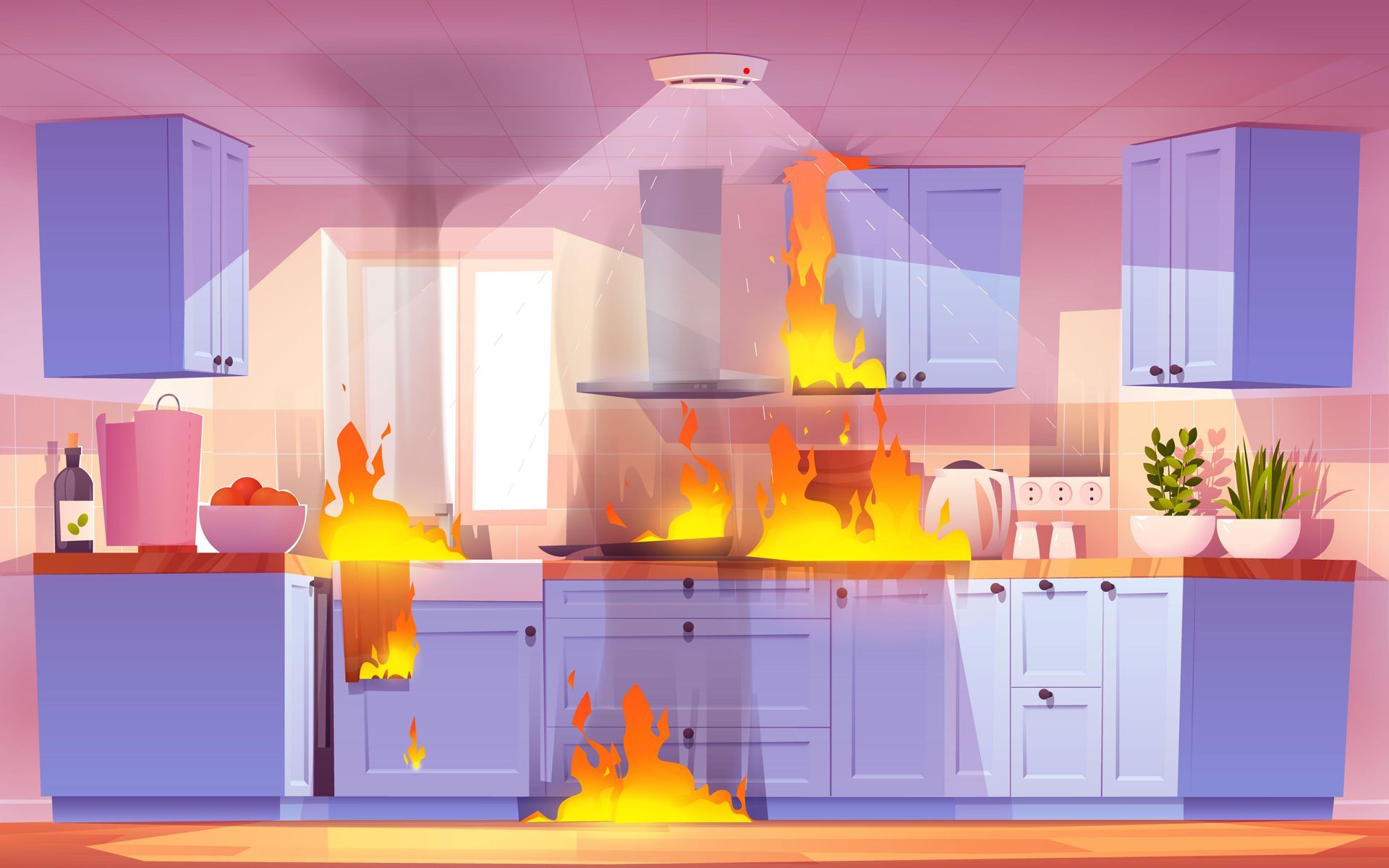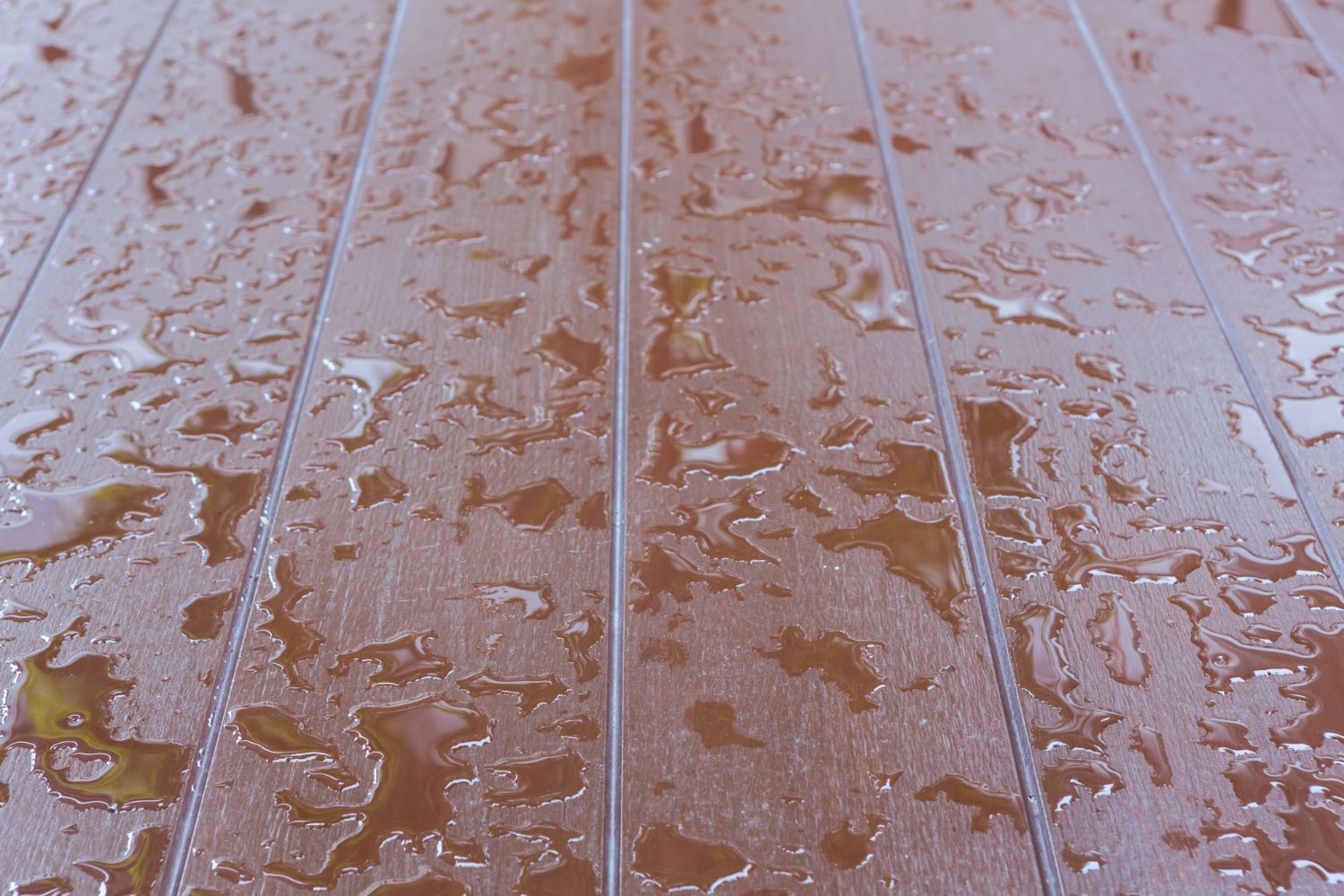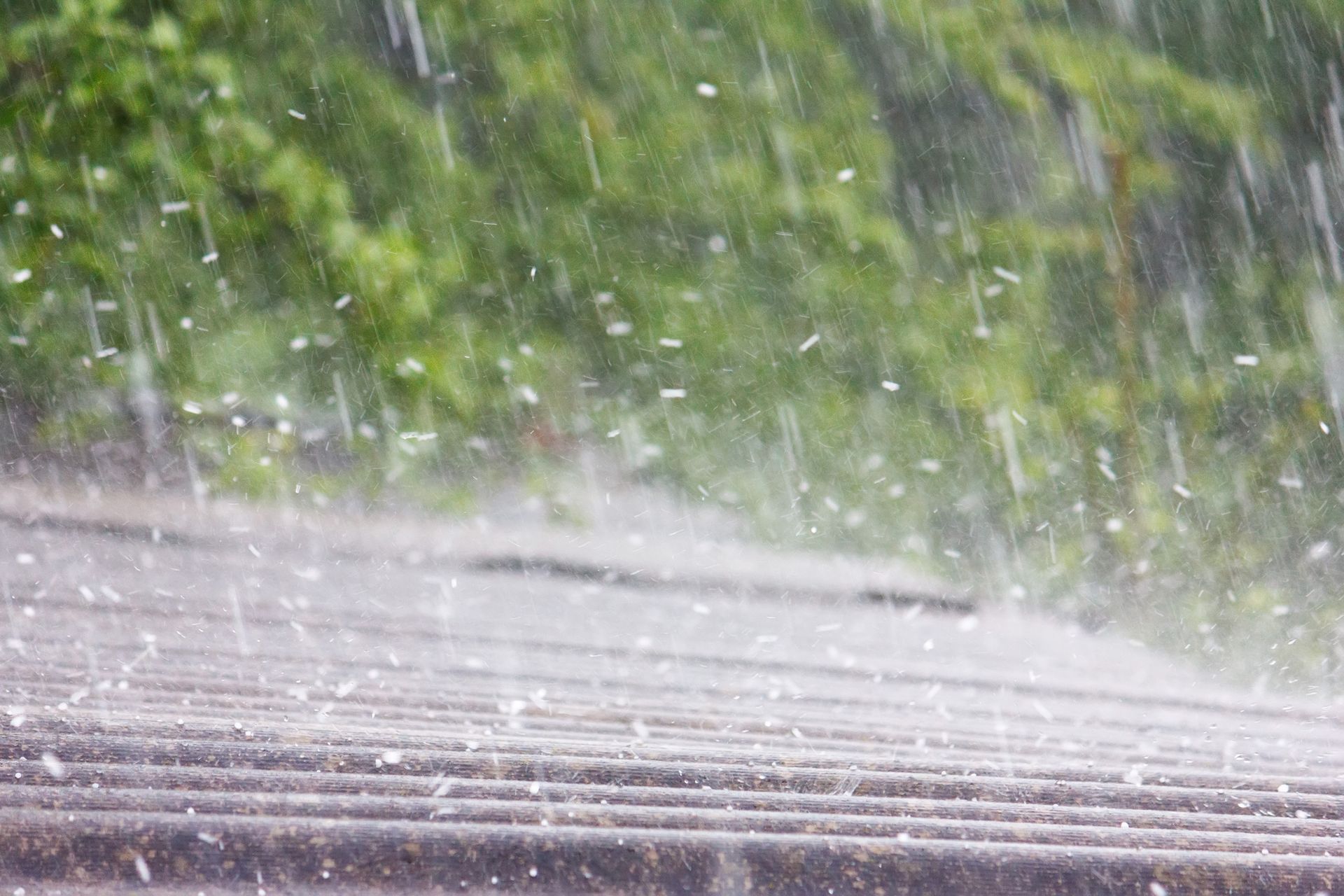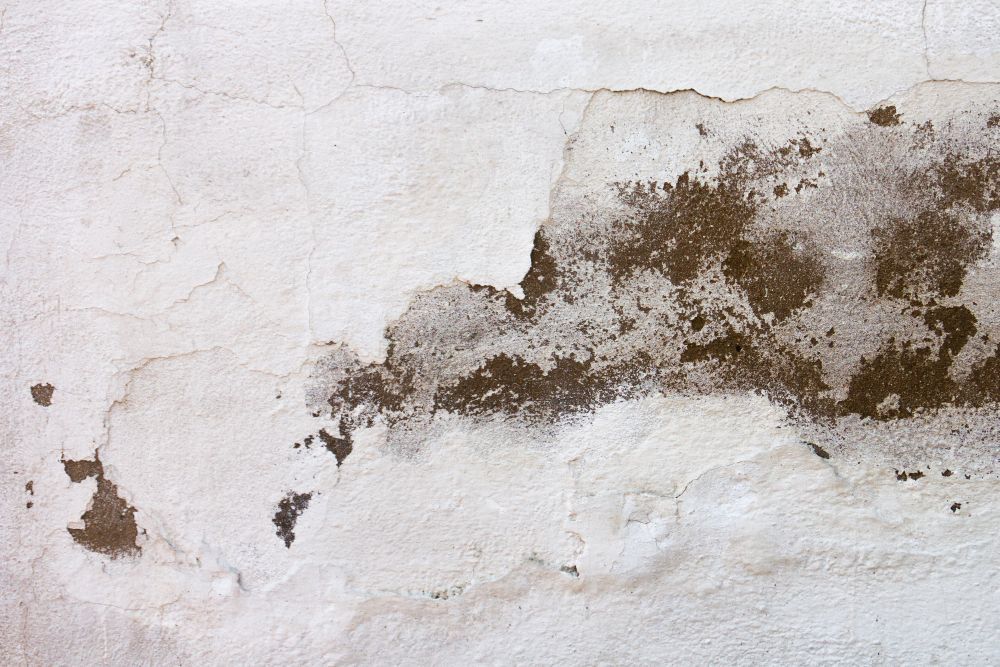The Most Common Causes of House Fires
The Most Common Causes of House Fires in South West Florida
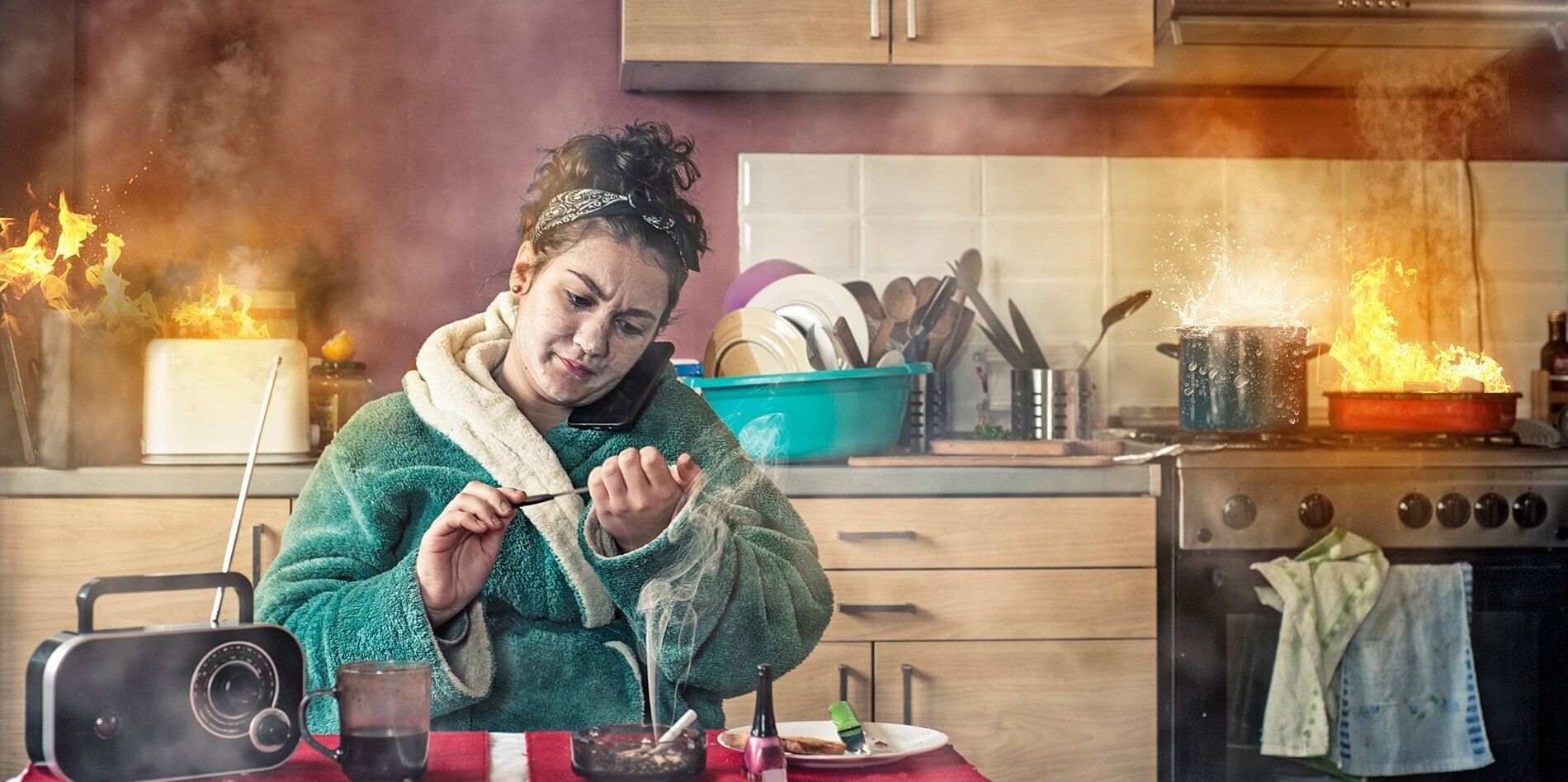
Having a fire in your home is probably the number one nightmare that any homeowner can face. Fire can occur in the most innocuous of circumstances, spreading in mere seconds and destroying a house within minutes. Considering how unpredictable fire can be, it's essential to make sure your home is free of all fire hazards.
To reduce the financial losses caused by fires, you'll also need the right insurance policy as well as the necessary precautions. A fire can start in one of two ways: either through contact with heat or through contact with combustible materials causing them to ignite. A chemical reaction is the second way. Sadly, all homes contain a variety of items that can ignite under the right circumstances. Below are some of the most common causes and prevention methods for house fires:
Heating Appliances
A heater can cause a fire if it is placed near fabrics or other combustible materials. Even some cooling devices can cause fires in homes. Since heaters require fuel, they can pose an incredibly high risk of exploding or igniting if not properly supervised. If you ever leave the house, turn off your heater as unsupervised appliances are the primary cause of house fires. You should also keep heaters away from fabrics and flammable materials.
Electrical Fires
Almost 500 deaths, 1,400 injuries, and approximately $1.3 billion in property damage resulting from faulty electrical wiring every year. A fire caused by electricity usually happens when a short circuit ignites nearby materials or when a circuit is overloaded, making the wires overheat. As a result of their location and often deadly nature, these fires account for 18 percent of home fire deaths. In the event that they are not caught right away, they quickly turn into big fires that are impossible to extinguish without the assistance of firefighters.
You should have your wiring inspected by a professional electrician if you want to avoid electrical fires in your home. If you do not have extensive experience or knowledge in doing electrical repairs, do not do them yourself.
Candles
It has been estimated that candidates have been responsible for over 7,600 fires between 2014 and 2018. Leaving your matches and lighters within reach of your children can also start a fire even if you don't have candles lit. Keep the matches and lighters you use to light your candles in a secure place and keep the flames of candles 12 inches away from possible flammable materials.
Christmas Trees
As part of their holiday traditions, many families put up Christmas trees, but these trees can be a fire hazard if not set up correctly. Similarly, evergreen trees can become flammable and susceptible to flash fires after drying out. In just a few seconds, a single spark or hot light can cause the tree to catch fire and burn, engulfing a room in flames.
When putting up artificial trees, vinyl or plastic are safer. The fact remains, however, that they are susceptible to electrical fires, particularly when they are overloaded with light bulbs or when miswired. Regardless of the type of tree you have, turn your Christmas tree lights off when you aren't home or asleep. Also, avoid using incandescent bulbs because they emit too much heat.
Kitchen Fires
Most kitchen fires are caused by greases in the stove or oven that overheat. Grease is an extremely flammable substance, combusting when it reaches around 600 degrees Fahrenheit without being exposed to flame. Moreover, grease that becomes ignited is extremely hard to extinguish. If you are preparing food with oil or cooking foods that produce grease, do not leave the kitchen unattended. The same goes for portable appliances such as toasters and barbecue grills, especially when the latter sits next to a wooden fence or object.
If your home has been damaged by fire or smoke, contact Restoration1 of South West Florida and let us help restore your home.


